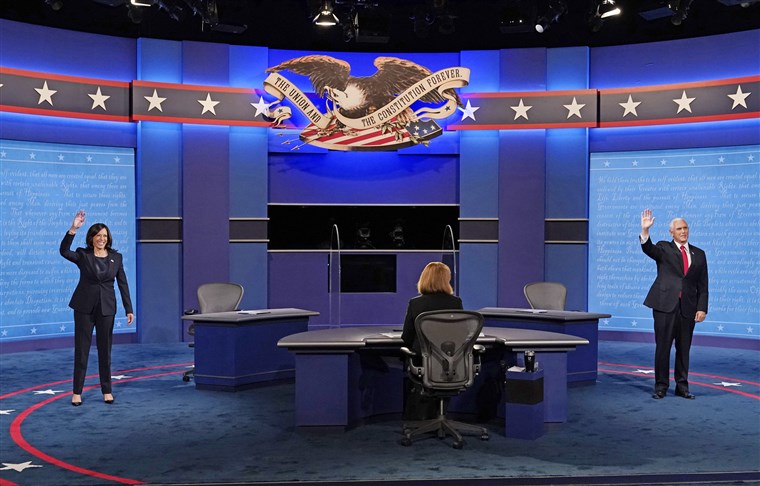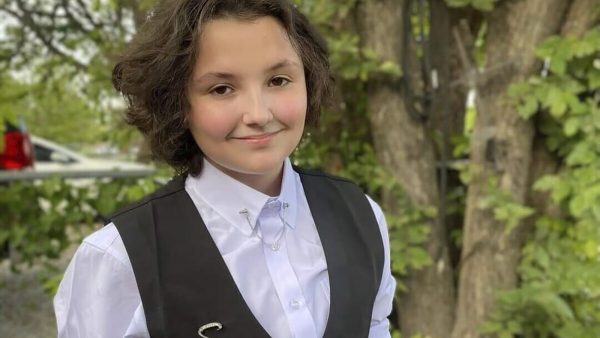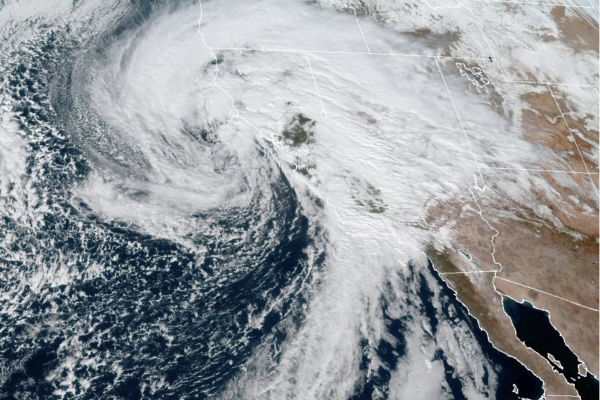Opinion: Moderation is the Reason for Greater Success of Vice Presidential Debate
Senator Kamala Harris and Vice President Mike Pence wave to the audience before facing off in the first and only vice presidential debate.
October 9, 2020
“The Port Press is a publication authorized by the Northport – East Northport Union Free School District. The articles and opinions stated in The Port Press are solely the opinions of the individual writer, and do not necessarily reflect the opinions of the Northport – East Northport Union Free School District, Northport High School or any individual affiliated with such entities.”
The vice presidential debate on October 7 — the only vice presidential debate of the 2020 election cycle — was in many ways more presidential than the actual presidential debate last week. Whereas former Vice President Joe Biden and President Donald Trumpd dug at each other with interruptions and insults, Senator Kamala Harris and Vice President Mike Pence confronted each other’s viewpoints tactfully and without significantly attacking the other personally.
The reasons for the relative success of this debate go beyond the attitudes of the candidates. Yes, Trump did jump on Biden’s words frequently; yes, Biden seemed to resort to calling Trump a “clown” more than actually providing meaningful objections to his statements; and yes, neither Harris nor Pence did any of this to the same degree as either candidate last week; but much of this debate’s productivity can be attributed to something else: moderation.
Last week’s presidential debate was moderated by Chris Wallace, a Fox News anchor and son of 60 Minutes host Mike Wallace. The role of a moderator in a debate is to promote a structured event while maintaining minimal involvement; that is to say a moderator should only initiate discussion by suggesting topics or asking questions, and should refrain interjecting during the candidates’ discussions.
Wallace, with such a celebrated career, should have been able to shoulder such an undertaking; however, Wallace’s performance as moderator fell far short of living up to his reputation. While Wallace’s interjections in the debate often came as a result of one candidate interrupting the other, he frequently spoke out of turn for no apparent reason. This was especially so in his treatment of Trump, whom he interrupted nearly 20 times. At times, Wallace struck up his own debates with the President, detracting from Trump’s time with the candidate he should have been debating. At one point, Trump commented that he was “not surprised” that he ended up debating Wallace more than Biden — implying that the President presumed media bias against him would carry over onto the debate stage.
Susan Page, the moderator this past Wednesday, seemed to better understand her role, and only interrupted a candidate after they had already interrupted the other candidate.












